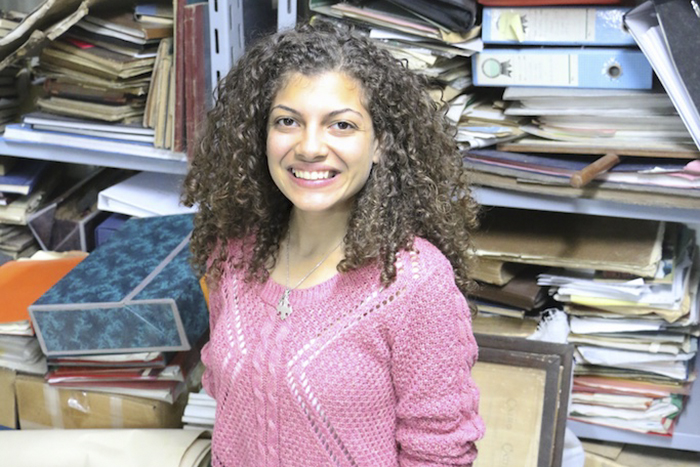Diocese of Egypt opens up documents dating back to early 1800s for public access

Scholars, researchers and members of the public interested in researching Egyptian history will now be able to access a treasure trove of church documents dating back to the early 1800s.
The Episcopal Diocese of Egypt has just opened a new research centre in Cairo as part of a newly renovated archive facility.
The research centre contains nearly two centuries of registers of baptisms, marriages and deaths, minute books, correspondence, orders of service, maps, plans, newsletters and printed pamphlets.
Alongside the archive, a library of academic books acts as a further resource for people interested in the history, topography and architecture of Egypt and the Middle East.
The Diocese of Egypt has been in existence since 1839 and was originally created as a chaplaincy to the British Victorian-era expat community.
Today, the diocese also covers the Horn of Africa and is part of the Anglican Province of Jerusalem and the Middle East, although the Anglican Communion is deliberating whether to turn it into an independent province.
"In order to provide access to the great wealth of information in this archive, we added a research centre, adjoining to the archive", the diocese said in a statement.
"The Cairo Research Centre will be a meeting place for researchers, scholars and members of the public who are interested in modern Egyptian history, society and culture."
The opening ceremony for the new research centre was joined by the British Ambassador to Egypt, Sir Geoffrey Adams, the Bishop of Egypt, Mouneer Anis, Dr James Moore of the University of Leicester, and Dr Richard Gauvain from the British University in Cairo.
The centre is a collaboration with the University of Leicester in the UK and follows the careful digitisation of all the diocese's documents and manuscripts - a process that started in 2015.
The renovation work included redesigning existing diocesan facilities to safely store the documents for future generations.
In addition to opening its doors for research, the research centre will host regular events, including workshops and seminars.
"It's fascinating work. When I pick up a letter, handwritten from 65 years ago, it makes me wonder if the author could have imagined where their words would be today," the diocese's head archivist, Monica Emil, back in 2016, when the project was still in its early stages. "It's dusty work, that's for sure, but what we're doing here is worth it."











